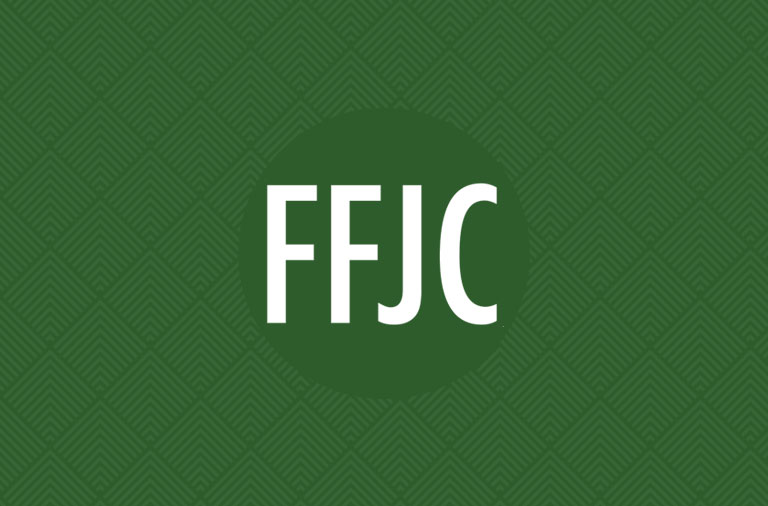We are mourning the murder of George Floyd. We stand in support with protesters speaking out against police violence across the United States and around the world.
Increasingly over the last decade, one of the many ways systemic racism has devastated Black and Brown communities is through the imposition and enforcement of fines and fees. Reforming fines and fees policies would interrupt one of the ways state and local governments harm communities of color with wealth extraction, mass criminalization, and excessive police contact that leads to police violence.
Fines and fees criminalize poverty — and the criminalization of poverty is one of the factors driving police violence. With George Floyd and countless others before him, law enforcement used alleged crimes of poverty to justify dehumanizing and killing people of color.
Policymakers should know better by now. After a Ferguson police officer killed Michael Brown, the Justice Department’s investigation uncovered a pattern of racially discriminatory practices incentivized by the city’s dependence on the criminal legal system to raise revenue.
Ferguson revealed a dirty secret: policymakers rely on the imposition and aggressive enforcement of fines and fees to fund basic government services. This isn’t unique to Ferguson — this regressive system of taxation is entrenched in virtually every U.S. state and municipality.
When state and local policymakers use police to raise revenue, Black and Brown people are not only disproportionately impacted — they also face potentially violent encounters with law enforcement.
Samuel DuBose, an unarmed Black man, was shot and killed by police during a traffic stop for an allegedly broken tail light. Philando Castile was pulled over by police at least 46 times, almost all for minor non-safety-related violations, and issued over 80 citations. Even after half were dismissed, he still owed more than $6,000 in fines and fees, leading to multiple driver’s license suspensions. The 47th time he was pulled over, a police officer shot and killed him.
Recent events demonstrate why policymakers must dramatically reduce reliance on fines and fees — and why they must resist the temptation to fill COVID-related budget gaps with monetary sanctions. This would exacerbate not just economic inequality, racial injustice, and mass incarceration, but also police violence.
City and county policymakers must stop the cycles of poverty and punishment against Black communities and other historically marginalized groups. They have the power to fix this.
